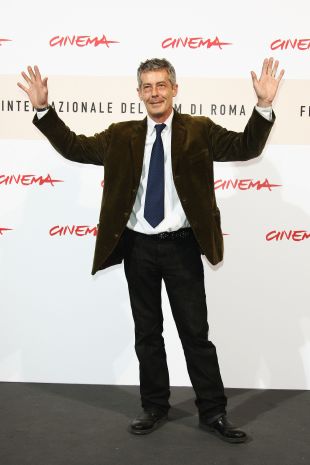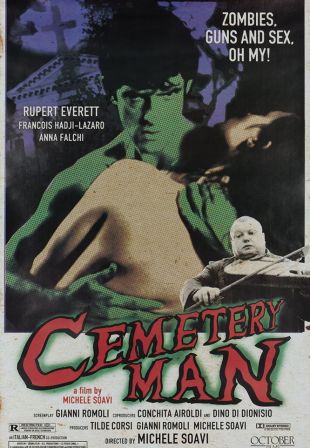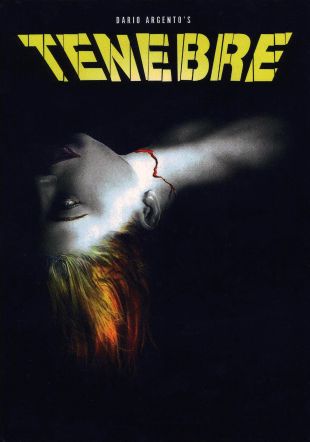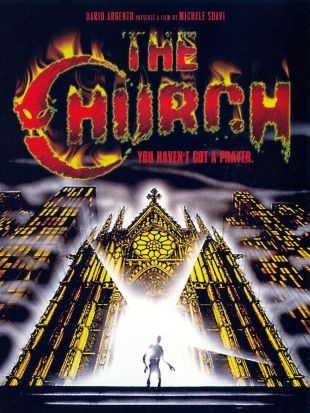A protégé of Dario Argento who matured to develop a unique style of his own while at once carrying the tradition of such Italian horror icons as Mario Bava and Riccardo Freda, Michele Soavi almost single-handedly kept the slumping Italian horror/fantasy tradition afloat in the 1990s with his strikingly original philosophical zombie film Dellamorte, Dellamore (1994). Born in Milan, Italy in 1957, Soavi began to develop his artistic flair after forming a close bond with his stepfather following his parents' divorce. Though Soavi wouldn't follow his stepfather's career path to become a painter, it did encourage the aspiring young artist to tap into his creativity and enroll in creative arts classes and, as a teenager, develop into a talented actor. Signing up for acting lessons at Milan's Fersen Studios following high school graduation, the photogenic youngster would soon find that though he was a skilled actor, his true talent was behind the camera. Offered a job as assistant director by Marco Modugno after appearing as an extra in Modugno's Bambule (1979), Soavi continued to act in such films as Alien 2 and City of the Living Dead (1980) while serving in multiple capacities including assistant director to filmmaker Aristide Massaccesi in the early '80s. Making the acquaintance of director Dario Argento during production of Inferno (1980), similar aesthetic tastes found the two forming an immediate bond and a longtime working relationship commenced with Soavi's work as second assistant director on Argento's Tenebre (1982). Subsequently working with Lamberto Bava in such efforts as 1985's Demons, the aspiring director would serve as director of the documentary Dario Argento's World of Horror as well as a promotional Bill Wyman rock video (both 1985) before embarking on his maiden voyage as a director with Stage Fright (1987). A highly stylized slasher film embellished with numerous creative touches and shot on a miniscule budget, Stage Fright served as an effective calling card and won much acclaim despite only moderate success in his home country. After working as an assistant director to Terry Gilliam for The Adventures of Baron Munchausen (1988), Soavi would harness all of his mentor's lessons in filmmaking for preparation of his most ambitious effort to date, The Church (1988). Originally envisioned as the third installment of the Demons franchise, The Church instead earned acclaim as an atmospheric exercise in meditative religious apocalyptic paranoia despite being criticized by some as another case of style over substance (a criticism frequently made of his mentors). After a lukewarm reception to his next film, The Sect (1990), Soavi rebounded with the high-concept Dellamorte, Dellamore. A curious mixture of political commentary, inspired fantasy, and traditional zombie splatter, Dellamorte was hailed by filmmaker Martin Scorsese as one of the best Italian films of the 1990s and found Soavi coming into his own as a filmmaker of remarkable caliber and style.
As fast as he found success however, Soavi would disappear from sight to care for his terminally ill son. Though he returned to the director's chair with a pair of made-for-television productions in 2001 (Uno Bianca and Il Testimone), Soavi fans continue to eagerly await the day he makes his return to features.



